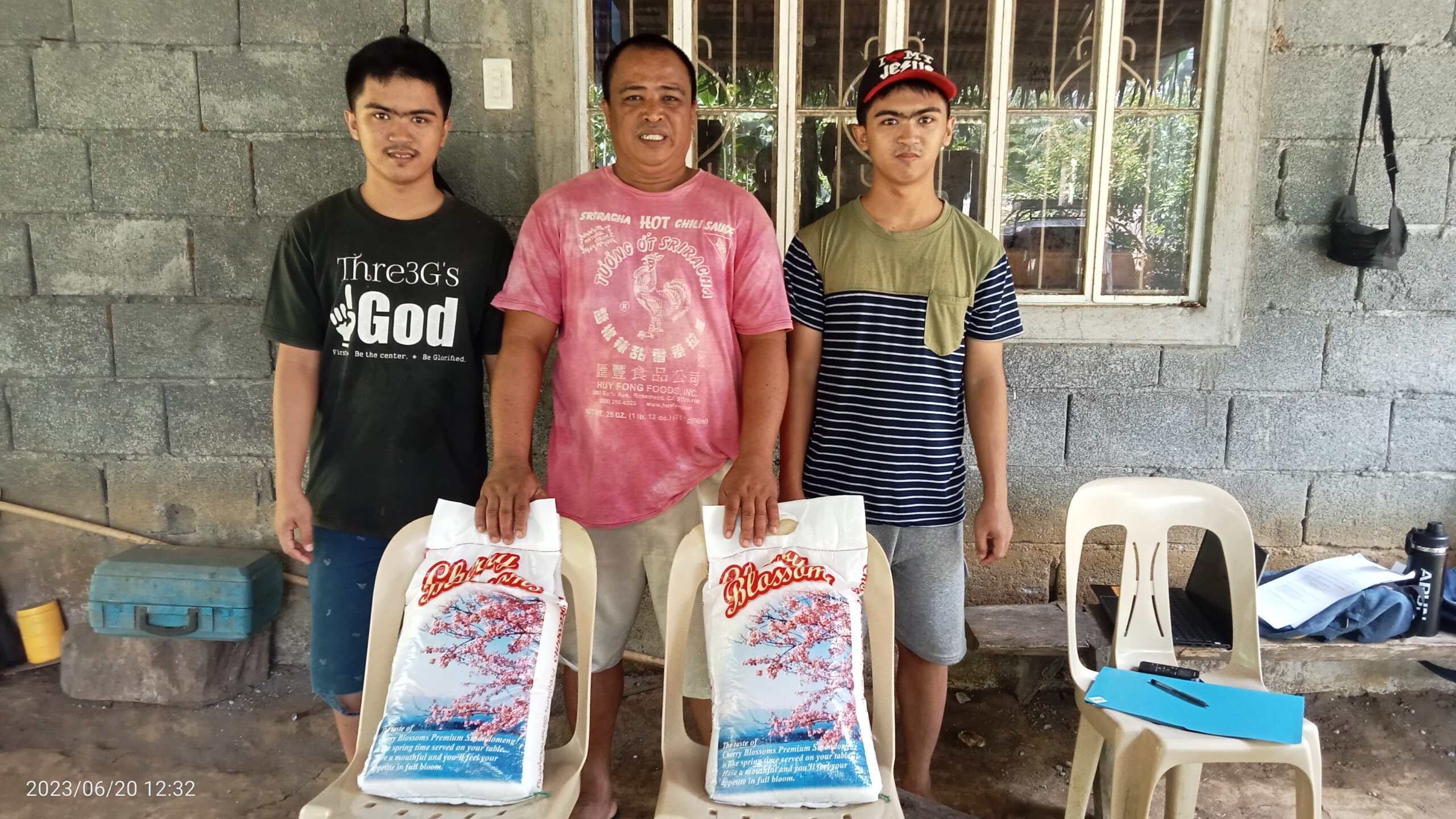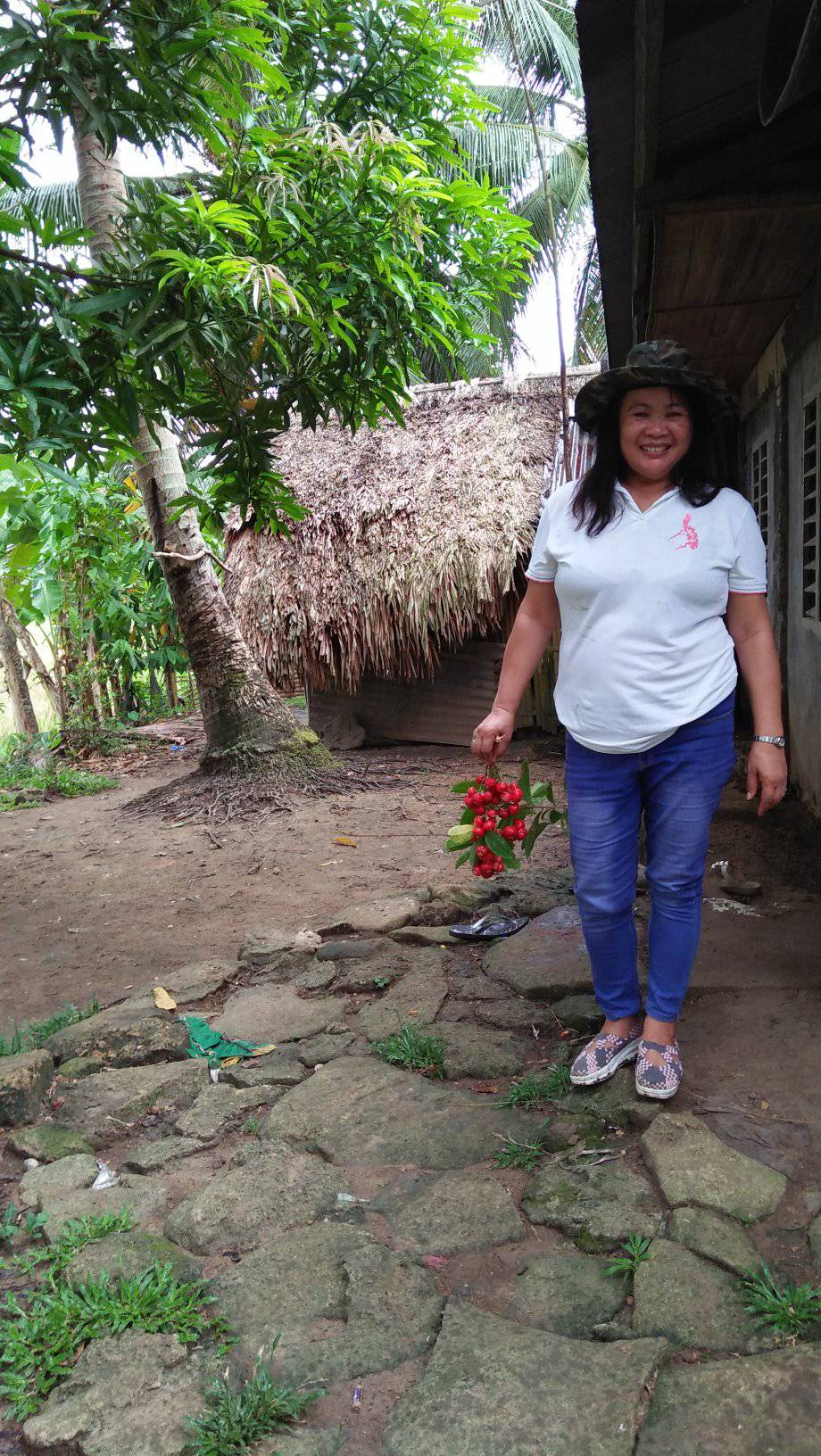Disability-Inclusive Climate Action Research Program
Stories | February 19, 2021
About one billion people around the world have disabilities, and up to 190 million of these people experience functional difficulties in their day-to-day lives, according to the World Health Organisation.
Although people with disabilities are at increased risk of the adverse impacts of climate change, they are generally overlooked when it comes to policymakers, experts and activists working to address and mitigate climate change.
For example, bans on single-use plastics can be inaccessible to people with disabilities, and disaster risk reduction planning often fails to include input from people with disabilities.
The Disability-Inclusive Climate Action Research Program (DICARP), based in McGill University in Montreal, Canada, brings together academic, experts and activists to develop, share and translate knowledge on how action to fight climate change can be inclusive, respectful and protective of the rights of people with disabilities.
DICARP’s work draws on the “human rights model of disability” enshrined in the UN Convention on the Rights of Persons with Disabilities, meaning that the voices and lived experiences of people with disabilities are central in guiding activities to ensure they are accessible to all regardless of disability, race, gender and age.
It was established in recognition that there is much to learn about the capacity of people with disabilities to cope with climate crises, and the contributions they can make to mitigating or adapting to climate change as well as reducing carbon emissions and enhancing climate resilience.
“Although people with disabilities experience the impact of climate change in profoundly challenging ways, they have been largely invisible in the field of climate change. CBM is working with others to bring awareness to the intersection of disability and the climate crisis,” says CBM Australia CEO Jane Edge.
This work includes a significant report released by CBM Global in July 2020. Climate Change: This century’s defining issue outlines the impact of climate-change related natural hazards on people with disabilities and includes a range of recommendations to ensure people with disabilities, and disabled person’s organisations, are included in efforts to advance climate justice. The report also focuses on the need for political leaders to take proactive approaches to including disability in their political commitments.
CBM also supports communities, self-help groups and organisations in some of the poorest parts of the world in disability-inclusive disaster risk reduction, ensuring that people with disabilities are actively included in planning and crisis response so that nobody is left behind after a disaster. Read CBM’s Environmental Sustainability Statement.
Learn more about the Disability-Inclusive Climate Action Research Program
https://www.cbm.org.au/stories/disability-inclusive-climate-action-research-program
Related Stories

Rise and Thrive: Building resilient communities through inclusive mental health
As the climate crisis accelerates, communities across the Indo-Pacific...

A Father’s Unconditional Love
Allan is a farmer and father of 21-year-old twin brothers, George and Gerald, who together, live in a remote village in the Bicol region...

Estrella’s journey from patient to mental health advocate
Had you asked Estrella from the Philippines what her future looked like five years...
